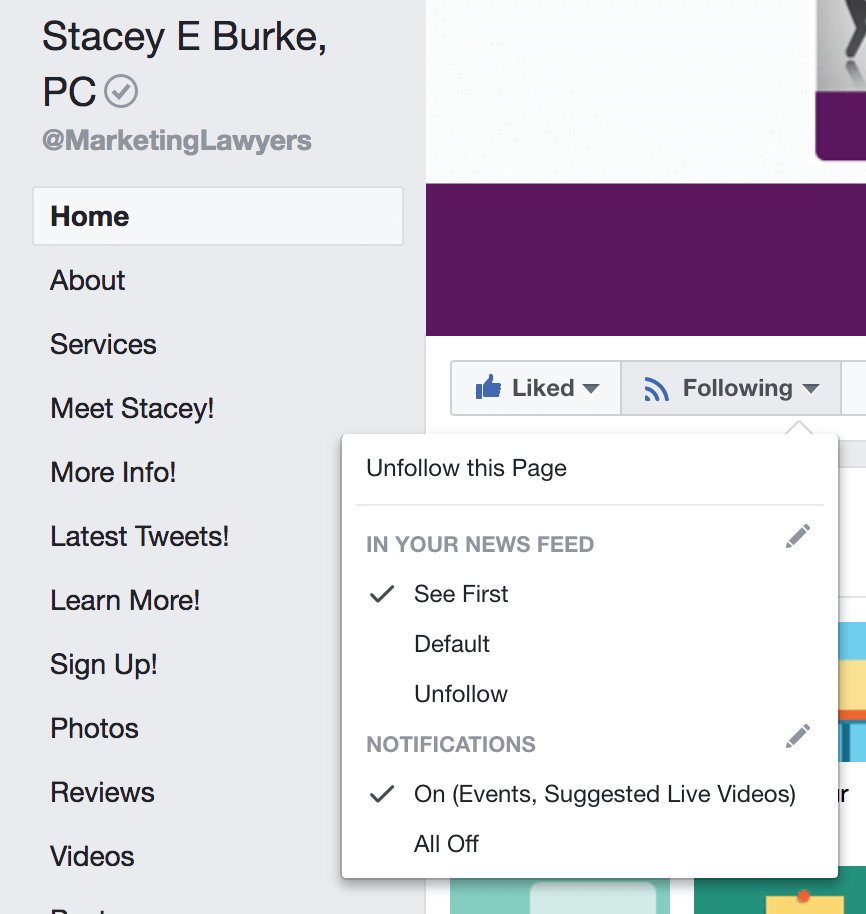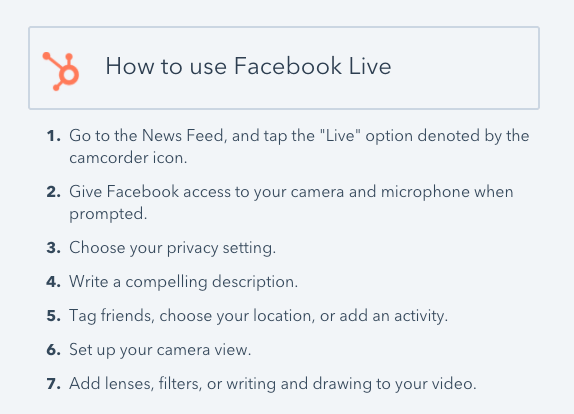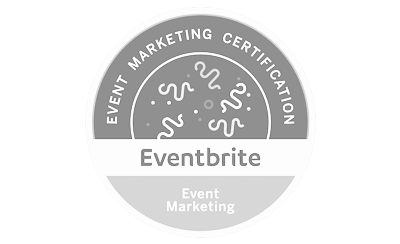
Last month, Mark Zuckerberg announced a formal Facebook news feed algorithm change that heralded a massive shift in the way Facebook plans to deliver content from business Pages to individual users. The change is centered on encouraging interaction between people and lessening the impact of business Pages, and it’s going even further than the previous news feed update from 2016 – a change that precipitated a 52% decline in organic reach for publishers. One of the main stated goals behind the drastic update is to address ongoing public concern over the impact social media can have on users’ mental health. Facebook has publicly acknowledged passively consuming articles or videos that don’t spark engagement or interaction is bad for a person’s mood.
While components of the update are already live for some users, the full impact of the game-changing adjustment will not be felt for quite some time. This gives us time to prepare for what some say will eventually be a completely separate Facebook silo for brands, publishers, news outlets, and business pages. Whereas previous incarnations of the Facebook news feed algorithm relied on user engagement (reactions, comments, and shares) to decide how high posts would show up in a Facebook user’s news feed, now the posts must also inspire comments.
What can law firms expect? Law firms will see their firm Pages experience a significant decrease in organic reach, beyond what has already occurred due to previous updates.
FOCUS ON DISCUSSION
According to Search Engine Journal, “…content that inspires discussion will be promoted. It’s no longer a matter of generating likes, reactions and shares. Businesses, brands and media need to pivot to producing content that encourages discussion.” Said another way, Facebook users will be more likely to see your law firm’s Facebook posts if their connections are commenting on them.
This does not mean, however, that is ok for brands to undertake “engagement-baiting” practices as Facebook will view them as spam. Facebook defines engagement baiting itself as using tactics to artificially gain reach in the News Feed. An example would be posting something that says, “Comment below if you like our new logo!”
FIVE THINGS LAW FIRMS CAN DO TO BEAT FACEBOOK ZERO
Tell Your Followers to Follow You First: Don’t just ask users to follow your Page; also encourage your existing followers to click “See First” in their News Feed preferences. How? If you visit and like the Stacey E. Burke, P.C. Facebook Page, there is a button for “Following” next to the “Like” button. Once clicked, the exposed menu will have an option for “IN YOUR NEWS FEED” where you can click “See First.”
Spend More on Facebook Ads: Since Facebook generated more than $10.3 billion in ad revenue last quarter alone, don’t expect its advertising options to go away. Ads are the primary way the platform makes money. In fact, Facebook’s Head of News Feed Adam Moseri says, “Ads is a separate system. So in terms of this ranking change, it doesn’t apply.” But, will advertisers need to spend more money or spend their money differently now that the average amount of time each user will spend on Facebook is starting to decrease? The answer to that question remains undetermined as of now (although many social media pundits have charted and graphed different potential mathematical scenarios). One area of adjustment to focus on is ad placement. The News Feed is the premier spot for ad placements. But if Facebook is going to reduce the number of business posts in the News Feed, competition and cost for ad placement in the New Feed should and likely will increase significantly.
Make More Facebook Live Videos: Shortly after Facebook rolled out its Live video streaming feature in 2016, it is altered its News Feed algorithm to make sure live videos appear higher in the stream. According to Facebook, people spend three times longer watching videos when they’re live compared to videos that are no longer live. Hubspot has a great graphic and post about how to broadcast live video on Facebook Live:
Utilize Facebook Groups: Take advantage of the way Facebook Groups work to help your law firm to get its content in front of more users. Since Groups naturally have discussion and interaction, Group content should see a boost under the updated News Feed algorithm. If you already have a Facebook Page, you can set up a Facebook Group for that Page. You can also engage in a new video feature called a Facebook Group “Watch Party.” This new feature allows Facebook group administrators and moderators to select any public video on Facebook (live or recorded) and share it with other members of the group to watch at the same time in the same place. The videos will also have a dedicated comment reel with everyone watching and reacting to the same moments together. Facebook watch parties are being tested with “a handful of Groups” but the company splans to expand this new feature soon.
Collaborate: Since posts from people will be prioritized, you need to get human users to post/share your content on their Individual Profiles (such as your lawyers). Since the average user’s attention span for interruptive ads and sponsored content is virtually non-existent, law firms can’t simply “buy” an audience anymore. Now, brands need to inspire their audiences to do the talking for them.
WANT OUR HELP BATTLING FACEBOOK ZERO?
Everyone on our team at Stacey E. Burke, P.C. actively works with social media daily. We love it – and it is a core component of our business. If your law firm wants advice or needs help managing the ever-changing social media landscape, contact us today at info@staceyeburke.com.
















Leave a Comment